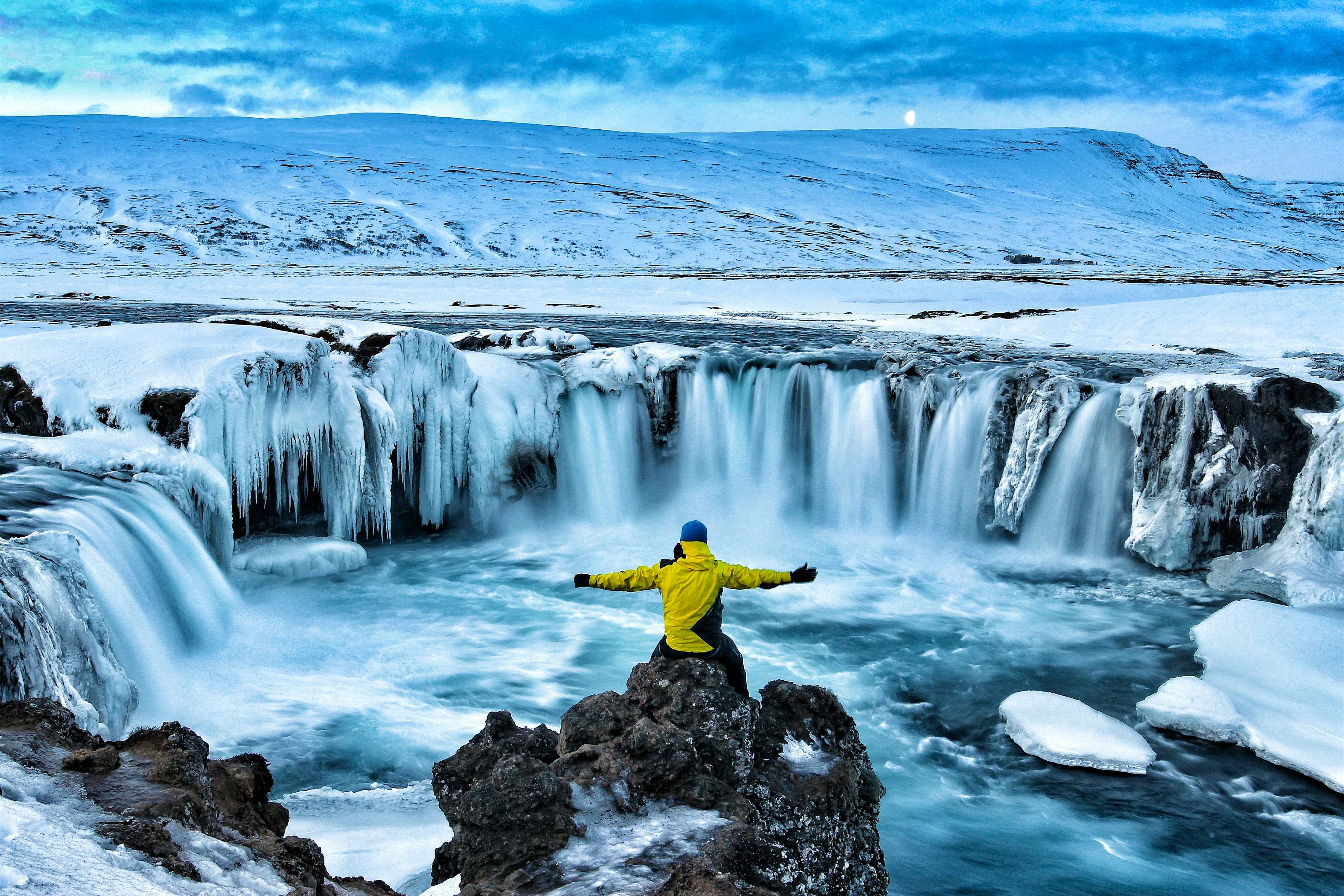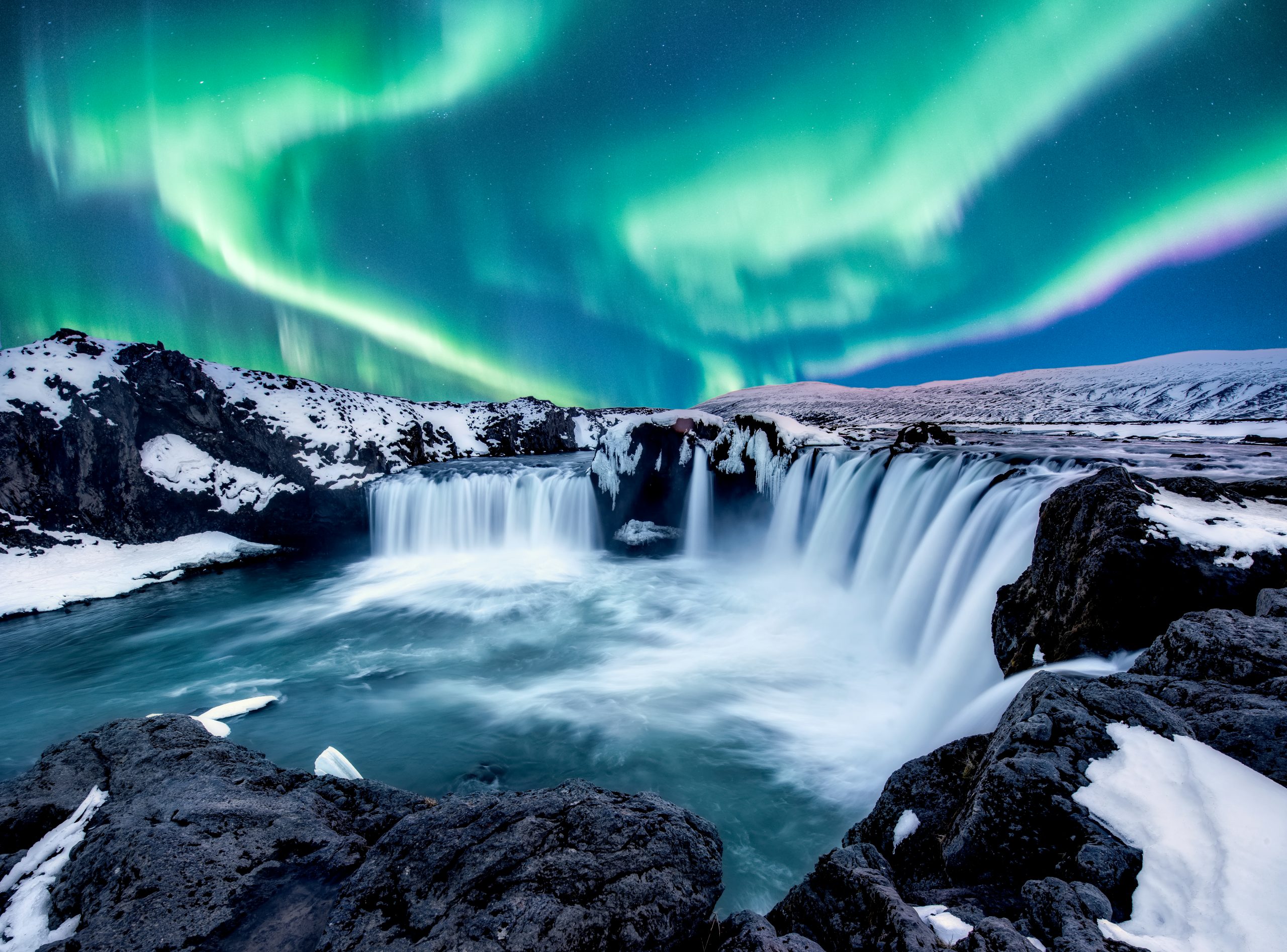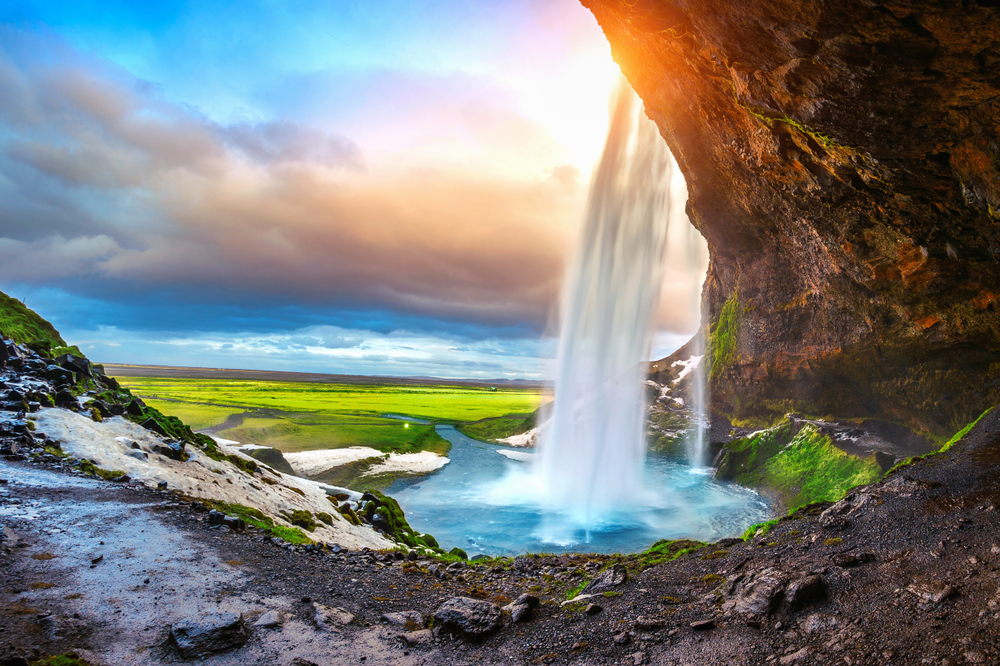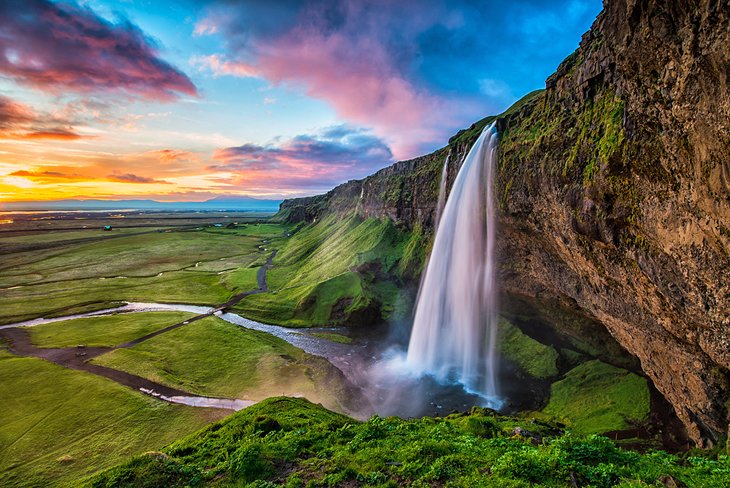The Best Time To Travel To Iceland
Share
Iceland, the land of fire and ice, is a destination that captivates travelers with its stunning landscapes, unique culture, and vibrant natural phenomena. Whether you are drawn to the majestic waterfalls, the mesmerizing Northern Lights, or the geothermal hot springs, knowing the best time to visit can significantly enhance your experience. This article will guide you through the seasons in Iceland, highlighting local attractions, cuisine, accommodations, and unique experiences to help you plan your perfect trip.

Spring (March to May)
Spring in Iceland is a time of renewal and awakening. As the snow begins to melt, the landscapes transform, revealing lush greenery and vibrant wildflowers. This season is ideal for those who want to avoid the summer crowds while still enjoying mild weather.
Local Attractions
- Golden Circle: Visit the famous Þingvellir National Park, Geysir Geothermal Area, and Gullfoss Waterfall. The Golden Circle is a must-see for first-time visitors.
- Whale Watching: Spring is an excellent time for whale watching tours from Reykjavik, where you can spot minke whales and humpback whales.
Cuisine
Indulge in traditional Icelandic dishes such as lamb soup and fresh seafood. Don’t miss trying skyr, a creamy yogurt-like dairy product that is a staple in Icelandic cuisine.
Accommodations
Consider staying in Reykjavik, where you can find a range of hotels and guesthouses. For a unique experience, look for accommodations in the countryside, where you can enjoy the tranquility of nature.

Summer (June to August)
Summer is the peak tourist season in Iceland, characterized by long days and mild temperatures. This is the best time for outdoor activities and exploring the country’s natural wonders.
Local Attractions
- Landmannalaugar: Known for its colorful rhyolite mountains and hot springs, this area is perfect for hiking enthusiasts.
- Vatnajökull National Park: Home to Europe’s largest glacier, this park offers stunning landscapes and opportunities for glacier hiking and ice climbing.
Unique Experiences
Experience the midnight sun, where the sun barely sets, allowing for extended hours of exploration. This is also the season for various festivals, including the Reykjavik Culture Night and the Icelandic National Day.
Cuisine
Summer is the season for fresh produce. Enjoy local strawberries, rhubarb, and seafood. Visit local markets to taste traditional Icelandic dishes made with seasonal ingredients.
Accommodations
Book your stay in advance, as hotels fill up quickly during the summer months. Look for options that offer easy access to popular attractions.

Autumn (September to November)
Autumn in Iceland is a magical time when the landscapes are painted in hues of orange and gold. The weather is still relatively mild, making it a great time for photography and outdoor activities.
Local Attractions
- Northern Lights: As the nights grow longer, the chances of witnessing the Northern Lights increase. Head to less populated areas for the best views.
- Skaftafell National Park: Enjoy hiking trails that lead to stunning waterfalls and glacier views.
Cuisine
Autumn is the season for hearty meals. Try plokkfiskur, a traditional fish stew, and enjoy the local harvest of root vegetables.
Accommodations
Consider staying in guesthouses or farm stays for a more authentic experience. Many accommodations offer Northern Lights wake-up calls for guests.

Winter (December to February)
Winter in Iceland is a wonderland of snow and ice, attracting those who seek adventure and the chance to see the Northern Lights. While the weather can be harsh, the beauty of the landscapes is unparalleled.
Local Attractions
- Blue Lagoon: Relax in the geothermal waters of the Blue Lagoon, surrounded by a stunning winter landscape.
- Ice Caves: Explore the magical ice caves in Vatnajökull National Park, a unique experience that is only available during the winter months.
Unique Experiences
Winter is the best time for winter sports, including skiing and snowboarding. Additionally, the holiday season brings festive markets and events in Reykjavik.
Cuisine
Warm up with traditional Icelandic dishes like hangikjöt (smoked lamb) and rúgbrauð (rye bread). Enjoy a hot chocolate or mulled wine to keep cozy.
Accommodations
Look for hotels that offer winter packages, including tours to see the Northern Lights. Cozy cabins in the countryside provide a perfect retreat from the cold.

Conclusion
Choosing the best time to visit Iceland depends on your interests and what you hope to experience. Each season offers its own unique charm, from the vibrant landscapes of spring and summer to the magical winter wonderland. Regardless of when you decide to visit, Iceland promises unforgettable memories and breathtaking sights.
To make your travel plans easier, consider booking your accommodations and flights through the following links: Hotels & Flights and Transfers. Enjoy your adventure in this incredible land of contrasts!



